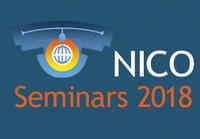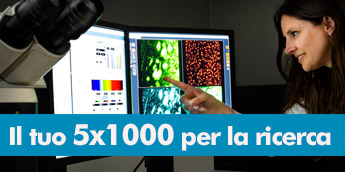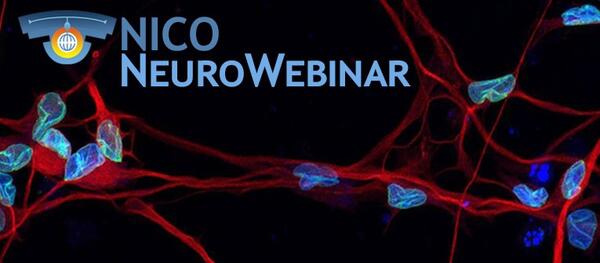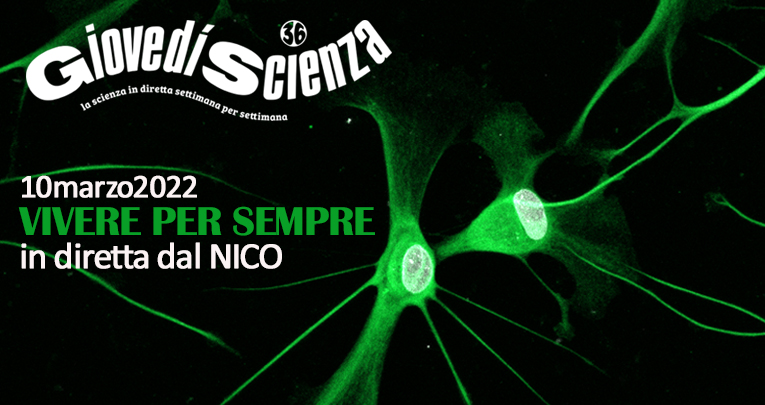INN Open Neuroscience Forum
Friday, 27th March – h. 14:00
Seminars Room, NICO
Prof. Giorgio M. Innocenti
Karolinska Institute, Stockholm, Sweden
EPFL, Lausanne, Switzerland
Cortical connectivity: axonal tracing, diffusion MRI and dynamics
One of the strongest, time-honored structural-functional relations in the neurosciences is that between axon diameter and conduction velocity of action potentials established by Hursch (1939) in a foundational study, supervised by Gasser, Grundfest and Lorente de No, at Rockefeller University. This relation was an essential building block in Erlanger and Gasser’s structural/functional classification of peripheral nerve fibers leading to the attribution of Nobel Prize to Gasser in 1945.
Over the last few years the analysis of axon diameters and conduction velocities was extended to the central nervous system using a combination of histological techniques coupled to the computation of axonal conduction velocities and axonally generated conduction delays. The overall picture is that the brain consists of axonal pathways conducting at different velocities and generating different conduction delays between brain sites.
Diffusion MRI is overcoming severe obstacles to provide a reliable picture of brain connections, including estimates of axon diameters. A bewildering dynamic view of brain function is emerging where axons become the agent of fundamental computations particulalrly in the temporal domain. These studies of axons have prompted some functional interpretations although other aspects, raise open questions.
Host: Alessandro Vercelli
Agenda
Area Ricercatori
Guarda il video
GiovedìScienza racconta la ricerca al NICO
Vivere per sempre.
Una popolazione sempre più longeva, i suoi problemi e le risposte della ricerca
Hai perso la diretta? Guarda ora il video di GiovedìScienza al NICO: una puntata in diretta dai nostri laboratori dedicata alla ricerca sull'invecchiamento.











